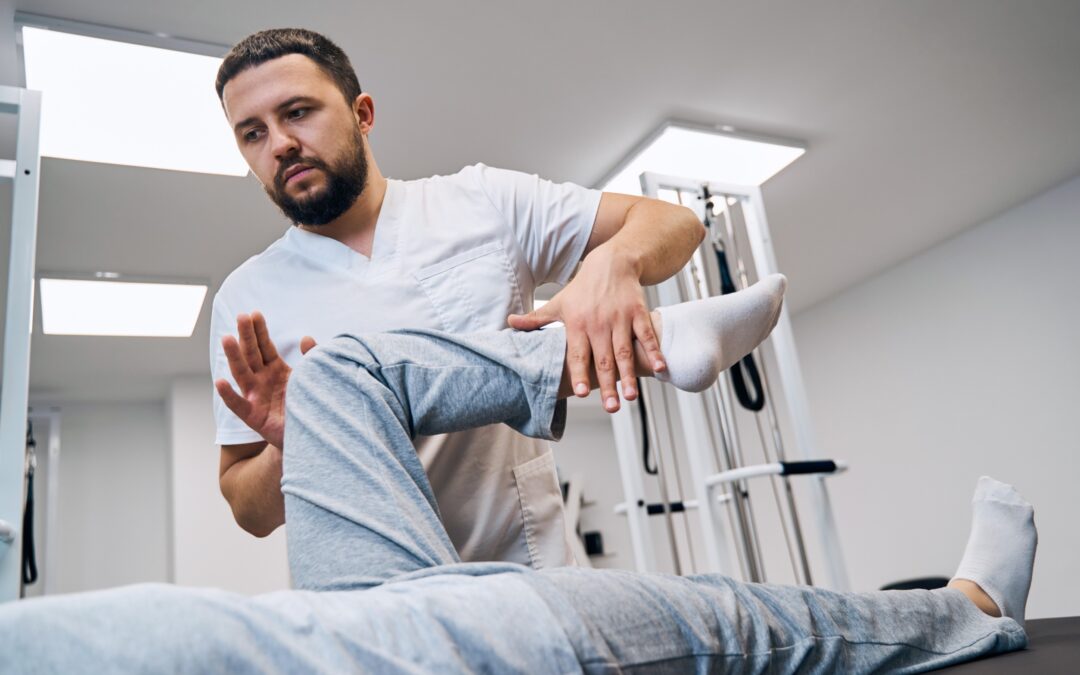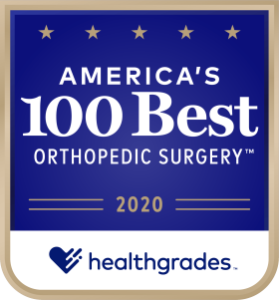 Having orthopedic surgery is no walk in the park (no pun intended). That’s why many people keep putting it off. It’s not really the surgery itself that they’re afraid of. It’s the recovery process. And honestly, some orthopedic surgeries are harder than others to recover from. However, each patient is different and each patient’s pain tolerance is different—some patients may experience more pain than others. And it’s important to remember that although some surgeries involve more difficult recoveries, pain relief can be found once you cross the bridge of recovery.
Having orthopedic surgery is no walk in the park (no pun intended). That’s why many people keep putting it off. It’s not really the surgery itself that they’re afraid of. It’s the recovery process. And honestly, some orthopedic surgeries are harder than others to recover from. However, each patient is different and each patient’s pain tolerance is different—some patients may experience more pain than others. And it’s important to remember that although some surgeries involve more difficult recoveries, pain relief can be found once you cross the bridge of recovery.
Talk to your doctor about your pain tolerance and discuss your concerns and expectations of your orthopedic procedure. In the meantime, keep reading to discover 5 orthopedic surgeries that can be difficult to recover from1,2:
Spinal Fusion Surgery
This surgery involves fusing—or connecting—two vertebrae in the spine. By fusing them together, movement between them is limited, which results in pain relief. Surgeons often do this by taking bone from the hip to fuse the vertebrae and aid in bone growth. After this surgery, you can expect to stay in the hospital for a few days and recover for as long as 6 months.
Complex Spinal Reconstruction
This surgery is used to correct or treat damage of the spine. It involves the correction of a curved spine or the stabilization of the spine using metal rods and screws. Since the spine contains many nerves, recovery after this surgery can be pretty lengthy and painful.
Knee Replacement
Knee replacement surgery is fairly common. During this major surgery, knee joints that are damaged are removed and replaced with an implant or an artificial joint. Recovery can be painful and involves appropriate medication, follow-up appointments, and physical therapy.
Anterior Cruciate Ligament (ACL) Surgery
ACL surgery is minimally invasive but painful, as portions of the torn ACL are reconstructed or replaced with a tissue graft. However, mobility will improve and pain will lessen once fully recovered, which can take up to six months.
Shoulder Replacement Surgery
 This major surgery involves the removal of the damaged or diseased portion of the shoulder and replacing it with an artificial joint. Recovery is expected to take some time, but it can be successful when following your doctor’s orders regarding physical therapy and medications.
This major surgery involves the removal of the damaged or diseased portion of the shoulder and replacing it with an artificial joint. Recovery is expected to take some time, but it can be successful when following your doctor’s orders regarding physical therapy and medications.
Get back your pain-free, active life!
Great Lakes Orthopaedics has served the local community for the past 60 years, offering patients the highest levels of care and service in the industry and ensuring their health and wellness matter. Our experienced team of orthopedic professionals specializes in and offers a wide range of orthopedic surgery using the latest minimally invasive techniques designed to give you faster healing time, faster recovery, less post-operative pain, and a lower risk of infection.
Our highly trained and knowledgeable team will be with you every step of the way to ensure that you receive the best care possible. We are available to consult with you and to discuss any questions or concerns you may have. To learn more about our services or to schedule an appointment, contact us at: https://greatlakeso.com/contact/
References:
- 5 of the Most Difficult Orthopedic Surgeries to Recover From. Orthopaedic Surgery Center of Panther Creek. Accessed January 4, 2023. https://panthercreeksurgerycenter.com/5-of-the-most-difficult-orthopedic-surgeries-to-recover-from/
What are some of the hardest orthopedic surgeries to recover from? Joint Replacement Institute. January 29, 2021. Accessed January 4, 2023. https://www.jointinstitutefl.com/2021/01/29/what-are-some-of-the-hardest-orthopedic-surgeries-to-recover-from/
This blog provides general information and discussions about health and related subjects. The information and other content provided in this blog, website or in any linked materials are not intended and should not be considered, or used as a substitute for, medical advice, diagnosis or treatment.




